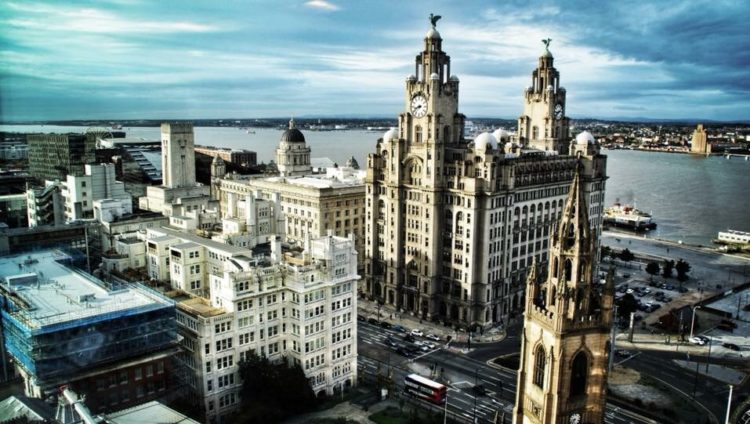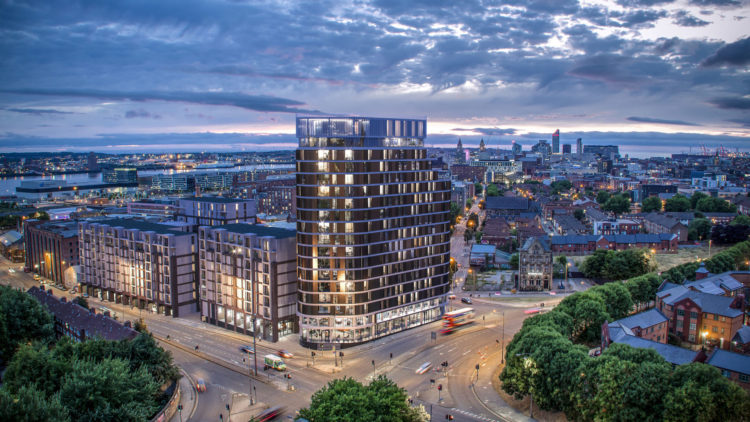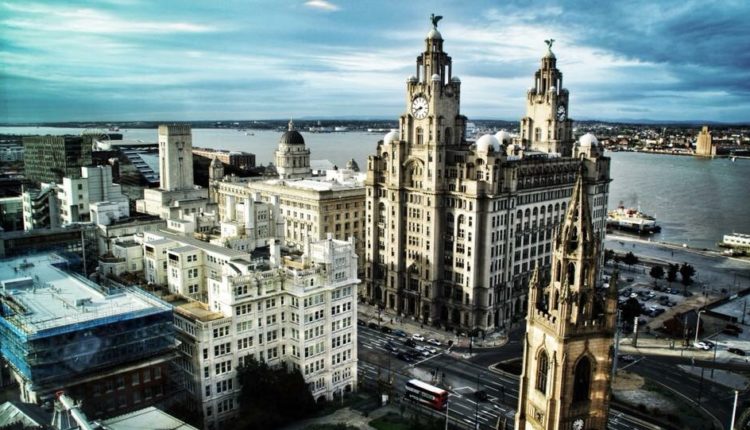Alan Bevan of City Residential says the lockdown has seen Liverpool’s residential market grind to a halt but adds that ‘it’s not all doom and gloom’. Tony McDonough reports

Liverpool residential property expert Alan Bevan has laid bare the devastating impact the coronavirus lockdown is having on the local property market, but adds “it’s not all doom and gloom”.
In the space of a few weeks the residential market has come to an abrupt halt with pretty much all sales and letting activity and viewings having to stop as the Government imposed severe restrictions on the movement of the population.
Mr Bevan, managing director of leading Liverpool agency City Residential, says the lockdown will hit the market directly and also indirectly with the impact on the bar and restaurant sector, whose growth has enhanced Liverpool’s appeal as a place to live.
However, he adds that he believes the city can recover. In his latest quarterly update, he explained: “While we are concerned for the future of the city and its effect on the residential market, it is not all doom and gloom.
“Even in the worst case scenario the city is still a wonderful place to live and both tenants and owner occupiers will continue to appreciate the wonderful environment, leisure and culture not offered by any other city in the UK. Demand may falter if the crisis takes 12 months or more to clear but it will return and residents will continue to enjoy what the city has to offer.”
READ MORE: Major milestone for £90m Liverpool residential project
Mr Bevan also says the best residential schemes in the city will still see units sell at “decent prices” but warns that those developments in less desirable locations, or that are poorly managed or overpriced “will suffer disproportionally”. He adds that unfinished developments will now be severely delayed adding to the ongoing issue of “stalled developments” in the city.
He added: “With the market performing well and the city prospering the first two months of 2020 promised to be a perfect start to a new decade. It seemed like a new restaurant, food market, bar or events space opened up every week and you couldn’t help but be hugely impressed in what a wonderful place to live the city had become.
“While there were some concerns from a market perspective (over development, stalled schemes etc) these were perceived as hurdles to overcome rather than brick walls. Fast forward a few weeks and the city finds itself in total lockdown with practically all shops, bars, restaurants and offices closed for business.

“While we are no different from any other city in this regard our biggest concern is what the city will look like in a year’s time or even two or three year’s time as a result of this unthinkable crisis. Liverpool has boomed, not due to its attractiveness to national employers and huge corporate jobs growth, but owing to its leisure offer, its personality and its culture.
“While the city may never compare with the economic powerhouses of Manchester and London it has developed into one of the most enjoyable places in the UK to live, work and play. Our logical concern is that its biggest strength may well become its biggest weakness unless we get through this crisis by early/mid-summer.
“It is difficult to perceive that all of the wonderful bars, restaurants and culture will survive a prolonged lockdown/downturn that we may end up having in the worst case scenarios. Whilst we are concerned for the future of the city and its effect on the residential market it is not all doom and gloom.”
Mr Bevan says he expects the demand for city centre property to be driven by how the city will look once the crisis is well and truly over. Should the city recover strongly (bars, restaurants, theatres survive and prosper) then there will still be a good strong demand from people wanting to live here.
He says the crisis may well see more landlords looking to exit the market over the coming months and years which would lead to an increase in the supply of investment properties.
“The one positive note on supply is that the crisis will probably reduce the amount of stock that will get delivered through new developments in the city over the coming months/years as these schemes become non-viable,” he added.
“There will be an impact on demand from the crisis, not just in the short term. It is likely that some investors/owner occupier’s personal financial situations may well be hit which is likely to inhibit their willingness/ability to buy property.”

